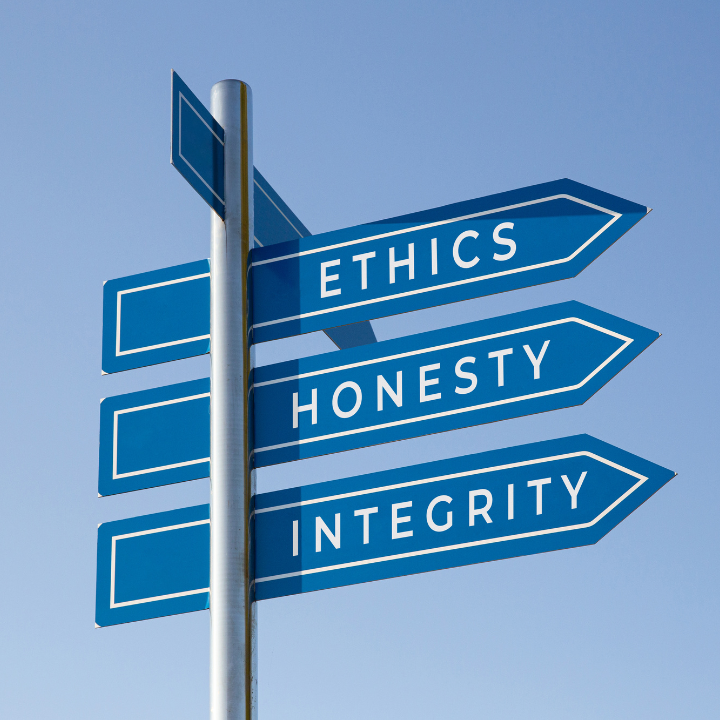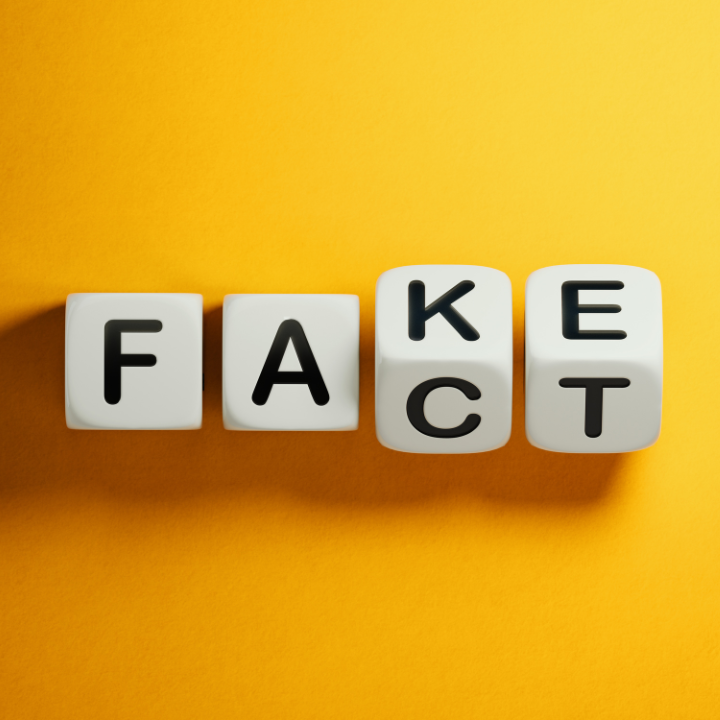
How ethics in PR has changed
When you think of ethical industries, public relations might not be among the first that spring to mind. Spin doctors blurring the lines between truth and marketing haven’t done many favours for the public’s perception of PR. However, PR has changed greatly in the last few decades and perhaps it doesn’t quite deserve the bad rap it still holds.
For more about the relationship PR has with ethics, listen to Episode 1 from Season 3 of our podcast, Revitalise & Grow with Jenny, Kate and Sophie.
You may also like to listen to Season 6, Episode 4: How to communicate sustainability and avoid greenwashing or Season 7, Episode 3: The ethics of PR & marketing in a cost-of-living crisis.
The changing PR landscape
Public relations, at its heart, is about sharing a convincing message. Many see propaganda as the historical foundation of PR, which was about disseminating misleading information to divert attention away from the truth. But in today’s world, both brands and PR professionals are working in a different landscape and can’t underestimate the modern consumer.
We all consume huge amounts of content and media around the clock. We can smell inauthenticity a mile off and can easily tell the difference between vanity projects and actual action. More than ever, today’s consumers are aware of the power of their money. We know by becoming loyal customers, we are effectively investing in a business, so want to know that a company aligns ethically with our values.
This is where PR can be at its most effective – when sharing a brand’s purpose. Hiding the truth is not a purpose. Being a positive influence and leaving a legacy is.

Who benefits from PR?
PR is no longer just for the big brands who can afford it. Getting results doesn’t depend on the people you know. With the 24-hour news cycle and the ever-growing list of digital touchpoints with your audience, there are PR opportunities everywhere for even the smallest businesses who have a strong purpose.
That being said, a PR team’s first job when working with a company should be to ask the right questions when it comes to a company’s messaging. PR agencies are placed in a position of trust when brought on board, so it is ethically within their duty to be truthful to help the direction of the businesses they work with. Intent is important but isn’t everything. Actions speak louder than words, which funnily enough even holds true in the world of communications.
The reason PR still has such a bad reputation is that consumers will notice it when not done properly. If something reads like a PR project i.e. an effort a company has made to look good, consumers will see right through it. Good PR will likely go unnoticed and will appear like purposeful messaging being shared that results in positive impacts.
Does PR still deserve its ethically poor reputation? We think, when done right, it can be a force for good and levels the playing field for everyone’s voice to be heard.
If you’re looking for help or guidance with your PR activity, drop us a line at hello@adpr.co.uk or request a call back.

